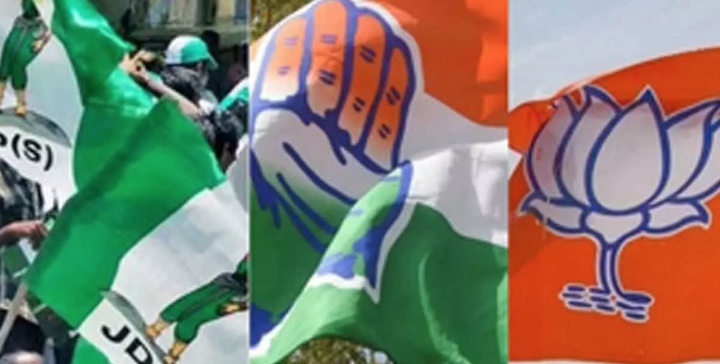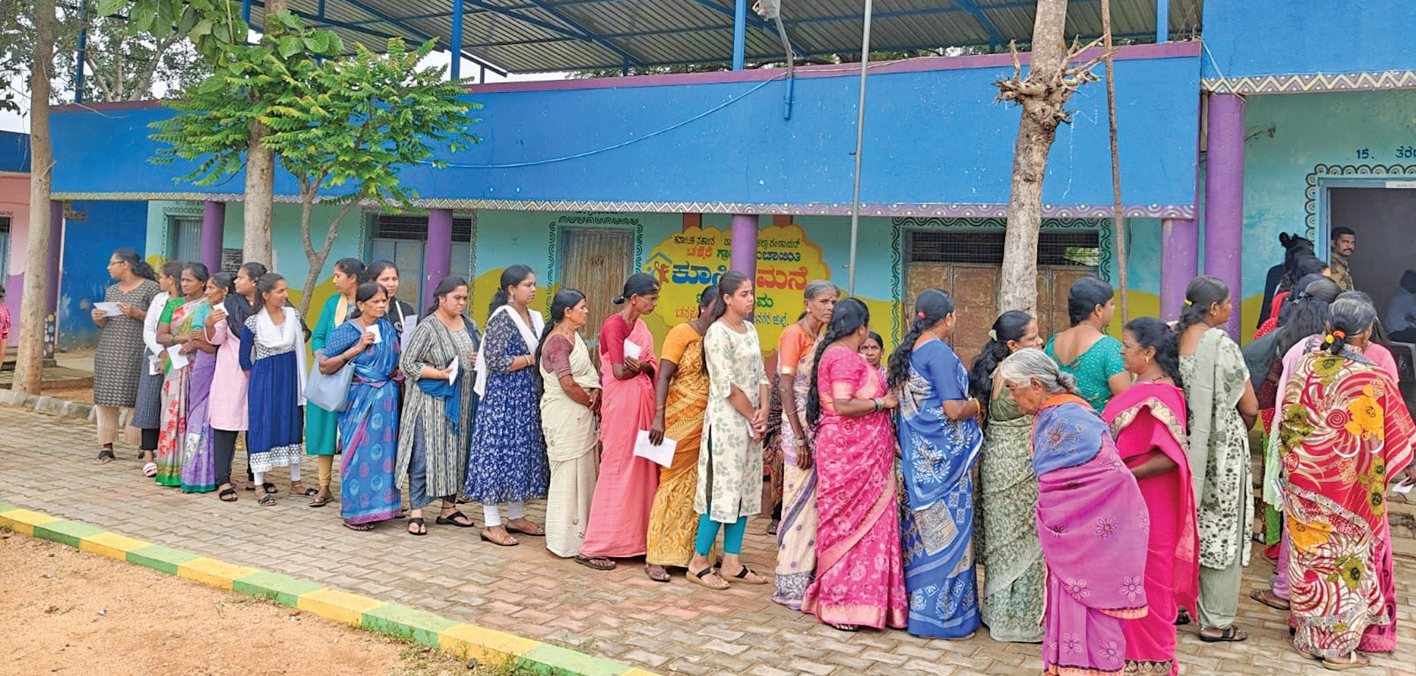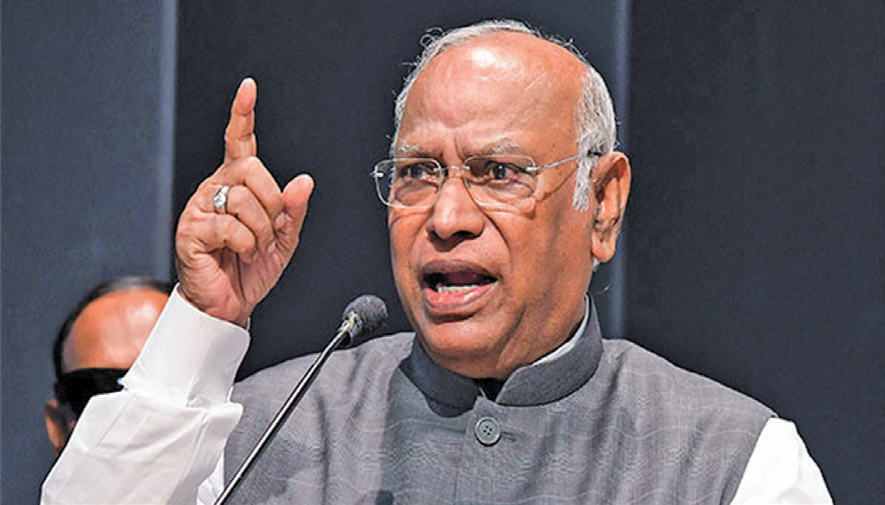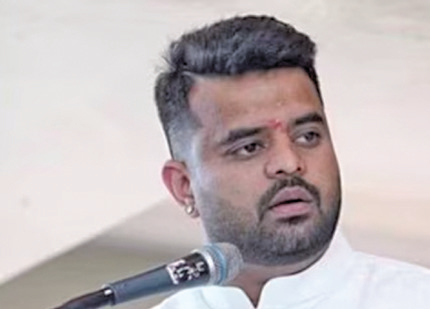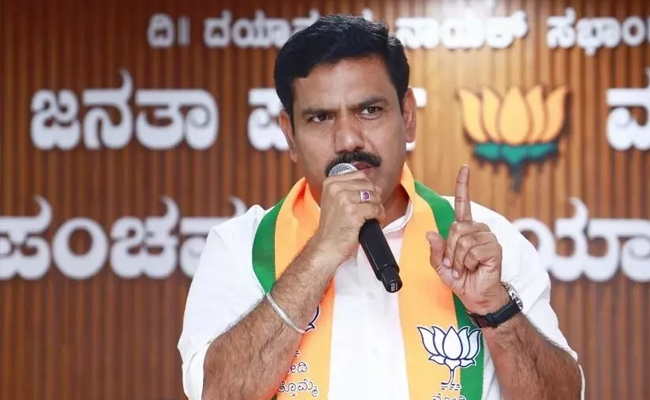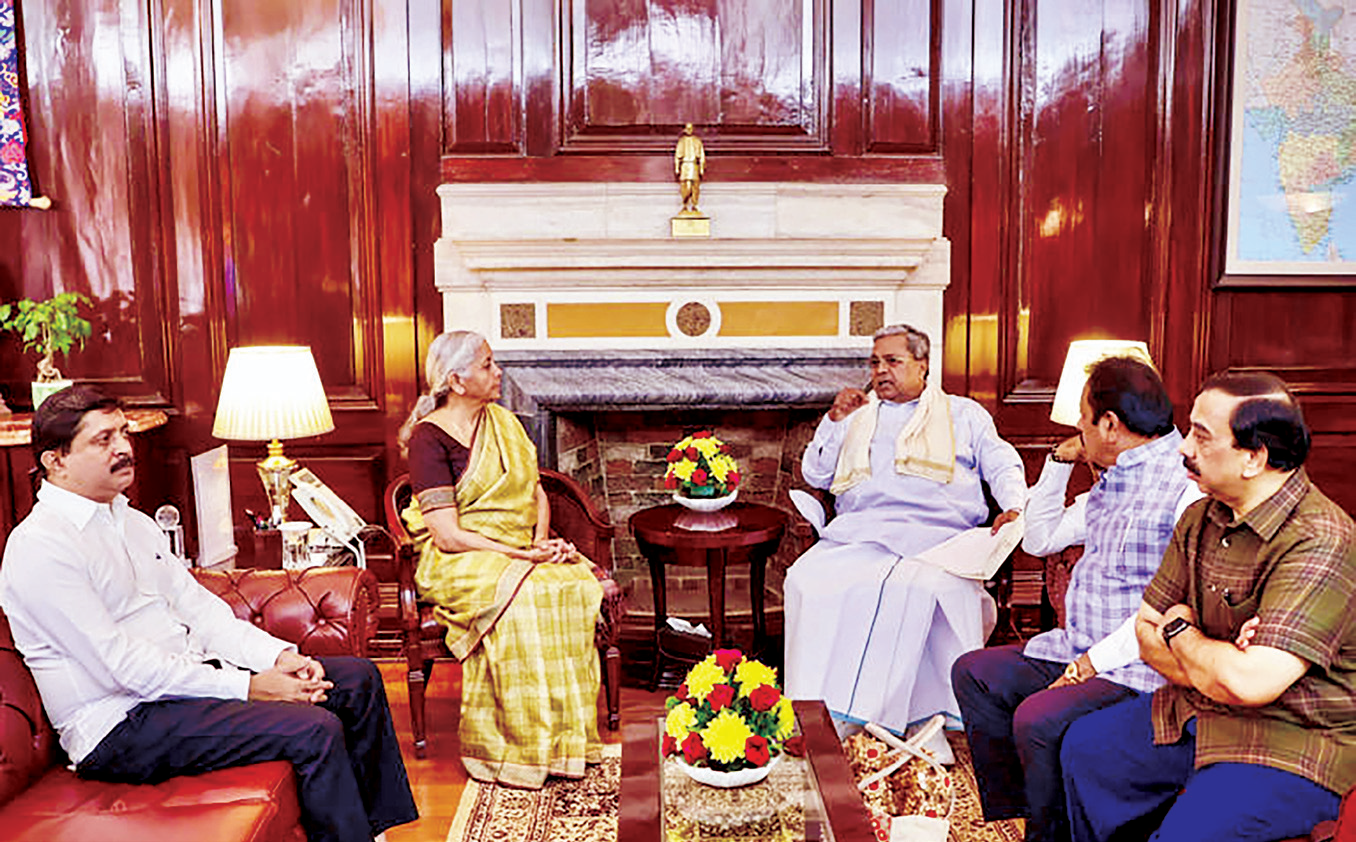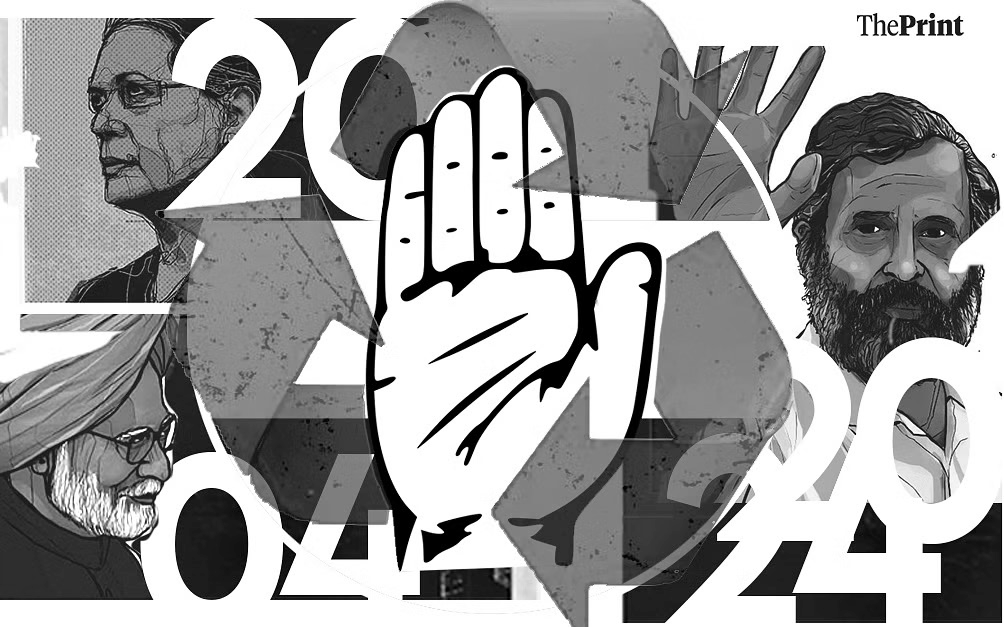
Congress’s central dilemma since 1989: survival or revival
Congress is silently acknowledging it over-read verdict of last general election. You can see it in easy concession to SP. It will likely be more reasonable in Maharashtra & Jharkhand
What if I said the two worst things to happen to the Congress in the past two decades were its victory of sorts in 2004 and the 99 in 2024? You’d ask me to go get my head examined. Before that, however, please hear me out. The Congress party is in the news, obviously because of the complex seat-sharing talks in Maharashtra and Jharkhand. It has made one wise decision outside these states, by leaving all of the nine by-elections in Uttar Pradesh to INDIA bloc partner Samajwadi Party. In victory or defeat, in coalition or by itself, the party continues to confound both its supporters and rivals. To understand how the party got here, we need to start with 2004.
The fact is, neither snatching defeat from the jaws of victory, nor its converse, applies to the Congress in the national picture. That’s why the two worst things to happen to the Congress in these 20 years have been nearthings that it conveniently declared victories. The first was a score of 145 in the 2004 Lok Sabha elections, just seven ahead of Vajpayee’s BJP. With this, Sonia Gandhi, helped along by the Left’s historic peak of 59 seats, was able to put together the UPA. It ruled for a decade, improving its tally in 2009. The second was the 99 it scored in the 2024 general election, as part of the 234 for the INDIA coalition it putatively headed. If you were a Congress loyalist, you’d hail each as a great success and hail the Gandhis as BJPslayers. If you were an opponent, you’d say 2004 was a fluke and 2024 was still a defeat, the third successive time the party failed to reach triple figures.
Why would a commentator then call these two the worst things to happen to the Congress? Why, when one brought it a decade in power and the other cut Narendra Modi to size? That’s because the Congress isn’t a cadre-based party. Its ideological glue is thin and fungible with power. It struggles to survive without power. See how, while the Modi-Shah leadership had set out to give us a Congress-Mukt Bharat, what they’ve achieved instead is a Congress-Yukt BJP. The BJP now hosts most of the Congress party’s original dynasts, including all of what used to be Rahul Gandhi’s 2004-14 inner circle. The Congress party’s basic construct is still feudal, defined by loyalty to a family. The 2004 result defied all expectations. The sudden return to power was a lottery, but the inner counsels of the feudal party weren’t willing to see it as such. They drew convenient conclusions: a vote against inequality, Sonia Gandhi’s magic, the rejection of Vajpayee’s India Shining, and a return of the voter to the old Congress ideological constructs. That’s why it was followed up by heavy welfarism. What it postponed— or actually killed—was any idea that the party needed internal reform, should discover new leaders through internal competition, or had to find new spokespersons of the various vital caste and identity groups. Victory is victory, whether a solitary run or an innings, was the logic. All thought of change and reform was junked. The 2009 verdict only strengthened this belief. A decade was, therefore, wasted in this complacent celebration. No alarms were raised as UPA-2 lost popularity and respect, what we described as iqbal in this earlier National Interest. The presumption was, ‘we’ were back to being the natural party of power. Another 10 years, or let’s say nine, were wasted in a hopeless drift in defeat as cadres and leaders scooted.
In the 10th, a recovery of sorts came with Rahul’s padyatra and Mallikarjun Kharge’s election, such as it was. It roused the dormant loyalist. But the more important change was a new realism: that the party, whatever its age, vintage or genetics, was no longer capable of defeating the BJP by itself. It needed to stitch partnerships, and that called for uncharacteristic humility and large-heartedness. That’s how the INDIA bloc came into being and Modi was cut to 240. Why do we then also rank this among the two worst things to happen to the party? Because, just as it had declared the 145 of 2004 to be a victory, the end of its political exile, a similar instinct followed its 99/234 now. Any talk of inner party reform, internal elections or a competition for new leadership was forgotten. And allies? Did we really need them still? Why give a few seats to AAP or to the SP in Haryana? Why let your allies find a foothold in your territory with your help? That post-June 2024 arrogance was over by noon-time on October 8 as the picture in Haryana became clear. The summer of 2024 hadn’t changed the fact that the Congress was still not capable of beating the BJP by itself. It needed the others. In fact, the one thing the BJP worries about going ahead is the fact that for almost 30 months, this prospect a straight fight with the Congress won’t be available anywhere with the exception of Assam. In Maharashtra, Jharkhand, Delhi and Bihar, it will be up against regional parties as its main rivals, the Congress in tow.
It has always struggled with them. The BJP cannot make it a vote for or against Rahul, even if it keeps Modi out of the straight popularity fight as they did in Haryana. Now it looks like the Congress realises it over-read the verdict of the last general election. You can see it in its easy concession to the SP, and more reasonable approach, so far, in Maharashtra and Jharkhand. For Delhi, there is still some time to go, but it’s unlikely it will be so delusional as to think it can win a triangular fight with the BJP and AAP, or even emerge the kingmaker. The usual voices within the Congress will rise and say the usual things. ‘This used to be our territory. How can we let others encroach?’ Or, ‘This used to be our space that somebody took. How can we be their junior partners now?’ Good sentiments. But sentiments, nostalgia and history, do not change the reality. Rather than worry about other allies finding a foothold in its feudal jagirs, the Congress had better be grateful that it is being gifted space by them to regenerate in strongholds it lost. Check out its Lok Sabha gains in Uttar Pradesh and Maharashtra. A little more good sense and sagacity might have won it a couple more seats in West Bengal at the BJP’s cost. The last general election also made its leaders believe they could keep indulging the Left, for its intellectual and ideological guidance if not vote shares. This attraction was so fatal they discounted the conflict in Kerala. Among the least noted and probably the most quaint aspects of this Congress politics was the gift of one seat to the CPI(M) in Haryana (Bhiwani).
Of course, it was lost, but the question is, why indulge the Left but reject AAP and the SP? Besides some vote shares their leaders would’ve added enormous campaigning power. The central confusion in the Congress since 1989 has been choosing between survival and revival. If we set up coalitions for survival, how will we revive our party? That’s again the choice the party needs to make. It isn’t even a chicken-and-egg question. Survival always comes before revival.
 English daily published in Bengaluru & Doha
English daily published in Bengaluru & Doha

